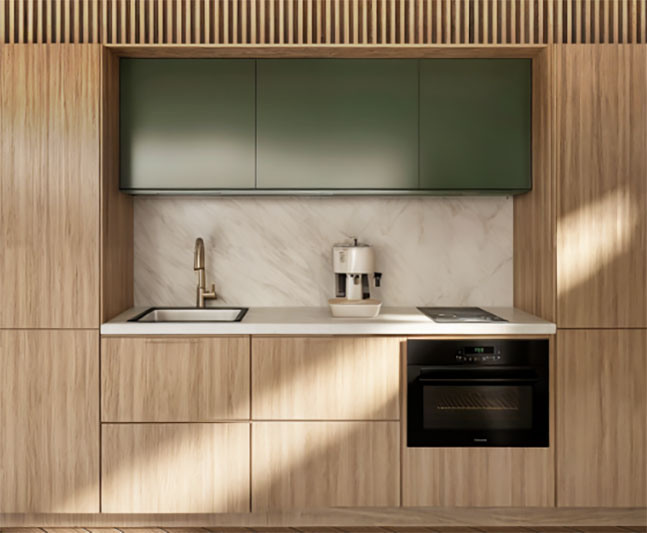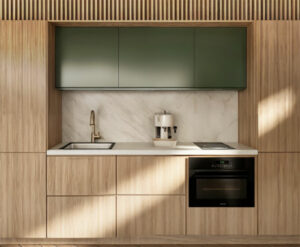
By Justine Irish D. Tabile, Reporter
US STARTUP Hive Modular, a maker of sustainable pre-fabricated homes, said its capacity expansion plans are intended to scale up its Philippine operation to make exports viable and to tap opportunities presented by the skills of the available workforce.
“We always saw the Philippines as the place where we wanted to set up a manufacturing base,” Hive Modular Founder and Chief Executive Officer John Avrett told BusinessWorld.
Prior to starting the company, Mr. Avrett worked as the head of the US Embassy’s Trade and Investment unit. He was a diplomat for three years.
“In my role as an economic officer, I got to visit multiple factories and kind of see behind the scenes of the Philippine economy. And I saw that there was a massive opportunity to do something like this here,” he said.
“The Philippines is a world leader in shipbuilding. The Philippines has some great manufacturing that you might not hear about, and so I chose the Philippines because I knew that we could find the right skills, the right people to do this job on a scale that we wanted to achieve,” he added.
He said that the plan is to expand the capacity of the company’s factory within the year, particularly after its next fundraising round.
“(That funding round) will move us into a bigger factory in an economic zone and hopefully help us set up an export operation. So that we can sell locally but also sell to the global market as well,” he added.
“Once we close this next fundraising round, the goal is to move into a bigger space,” he said.
“Our ability to build these houses is only limited by the factory space that we have access to. Now that we’ve proven that we can build it here in the Philippines, it’s now a matter of doing it at scale,” it added.
At around 2,000 square meters (sq.m.), the Hive Modular factory in Cavite has the capacity to produce 50 modular houses a year.
“Our goal is to set up a truly large operation here in the Philippines. What that means is tens of thousands of workers. That’s kind of the vision that we’re heading for,” Mr. Avrett added.
For this year, he said that the company is hoping to increase its workforce and capacity by about 10 times.
Currently, the company employs 30 workers, including factory workers, he said.
He said that 80% of the materials are locally sourced, with some imports from China, Vietnam, and Taiwan.
“One of those (imported materials) is folded aluminum metal. And actually, doors and windows are hard to source here. But everything else is locally available. We made a conscious effort to use as much local materials as we could, including reclaimed floors from old Philippine houses,” he said.
“We’re trying to play on this idea of old and new. We have this new technology, but we’re salvaging or breathing life into new old materials,” he added.
On Jan. 23, Hive Modular launched a pop-up installation for its Casita One45 model at One Bonifacio High Street, Taguig.
With a base price of P7.5 million pesos, the Casita One45 is a 45-sq.m. modular one-bedroom home with bath, kitchen, and deck.
“The target market for this product is someone with land that wants to develop a resort, Airbnb, or a guest house on. The target demographic is someone who already has land,” he said.
So far, he said that most of the company’s commercial interest is from the surfing resort island of Siargao and parts of the Visayas.
“Even though we’re launching with a premium product, the goal eventually is to drive down our costs and to offer other products at various price points,” he said.
“So, in the future, we want to be able to offer more economical products. The vision really is similar to an automotive company, where you have a standard chassis, and on top of that chassis, you build various models of cars. That’s kind of what we’re doing here,” he added.
Within the year, he said the company hopes to launch Casita One60 and Casita Two75, which are 60 sq.m. and 75 sq.m. respectively.
“We have a couple of models that we are planning to launch soon. The goal is to offer larger products because we know Filipino families are big,” he added.
